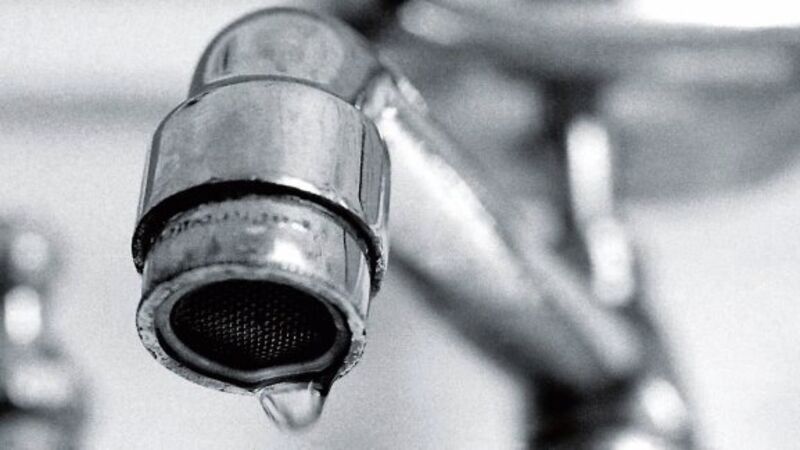Taxpayer to foot €448m bill to deal with potentially dangerous lead pipes

The spend is part of Irish Water’s business plan which runs until 2021 and the funds have already been allocated out of exchequer funds, Irish Water said last night.
The embattled utility is planning to spend €370m over the next decade replacing lead pipes and at least €78m treating water to stop lead contamination.













